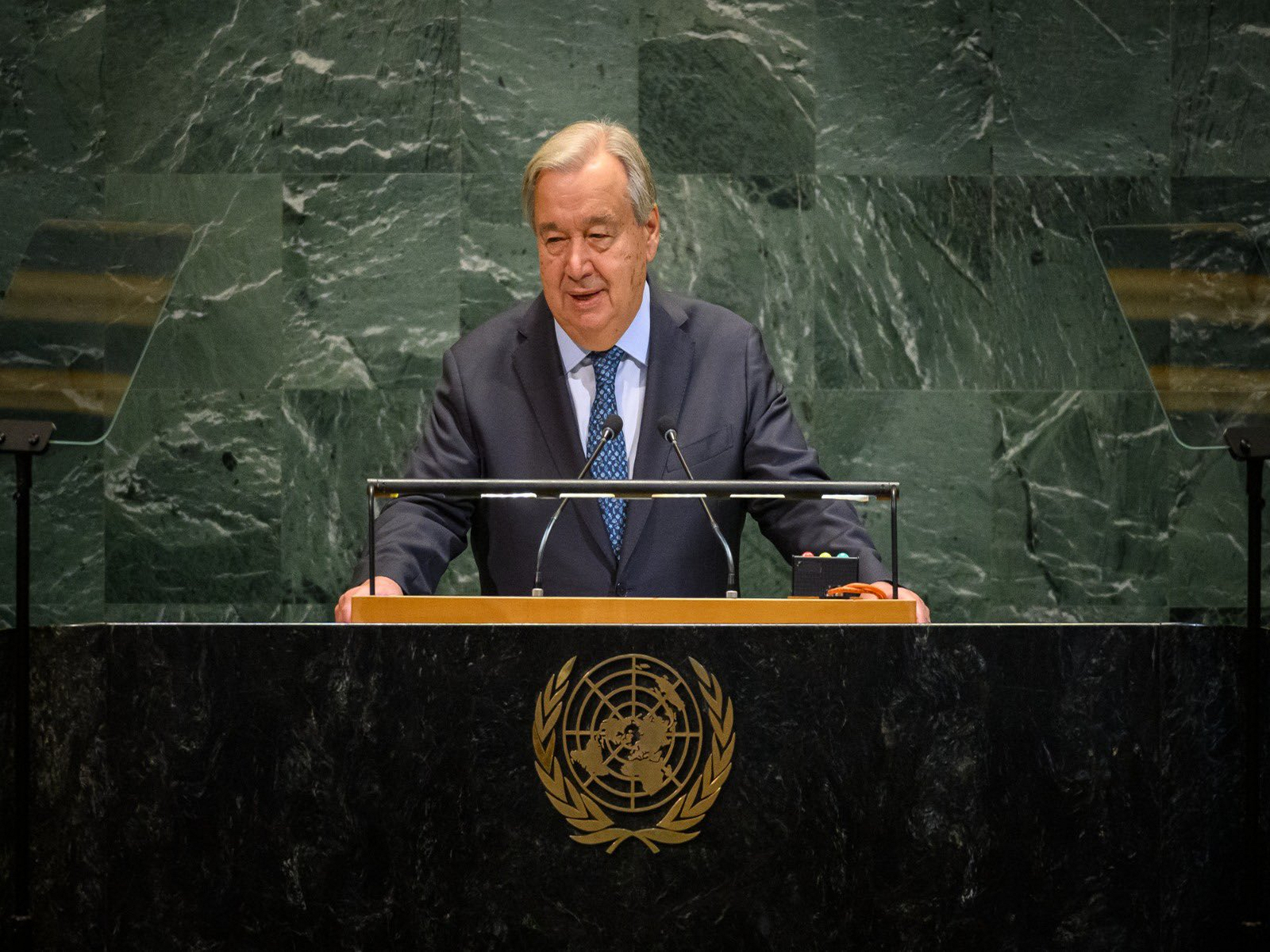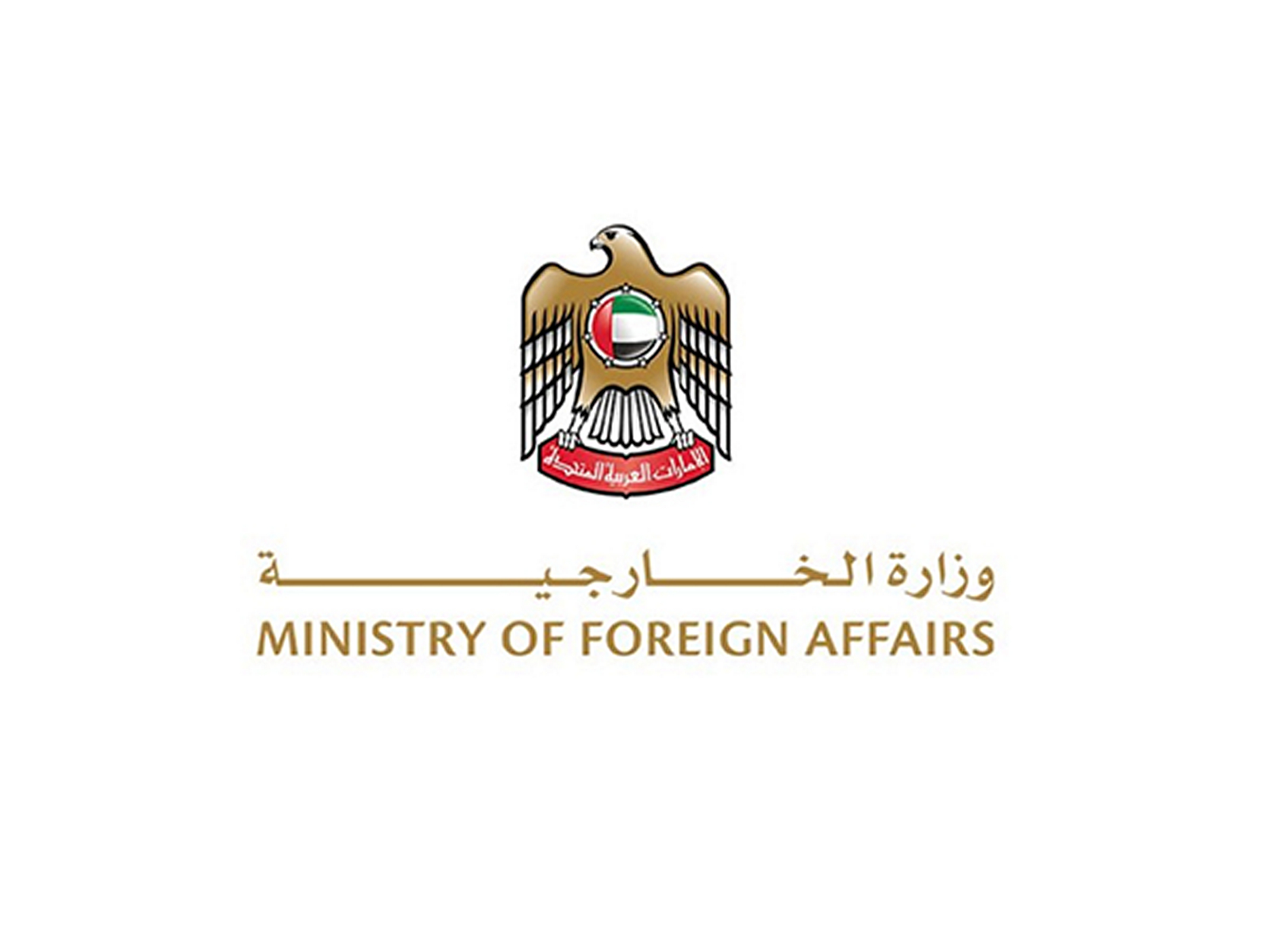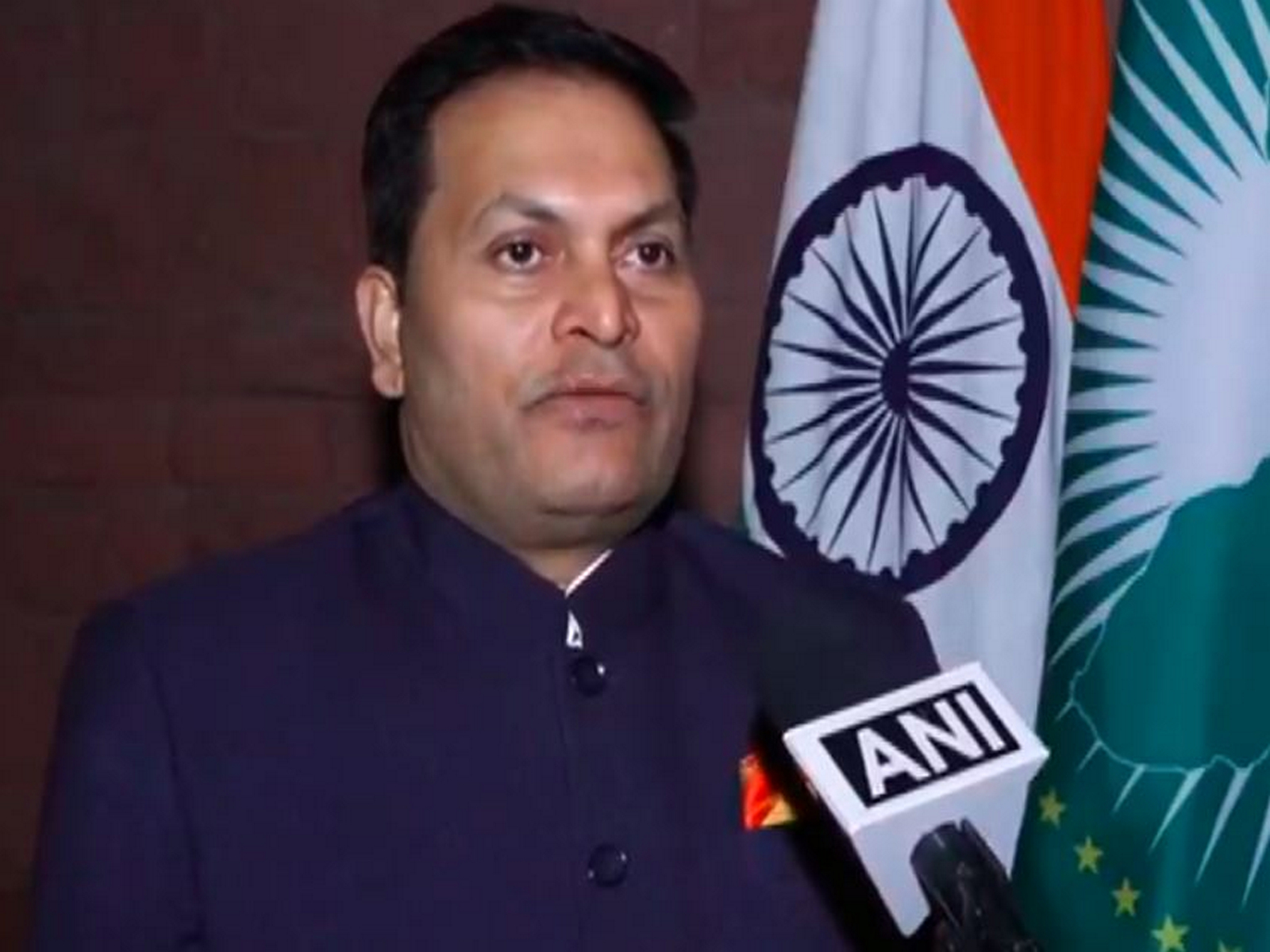Arctic states up in arms over China's rising interference
Oct 27, 2021

Beijing [China], October 27 : China intends to explore the Arctic region as climate change has offered access to the vast mineral resources and new transport routes that reduce sea travel routes to Europe substantially, a media report said.
Rune Rautio, an expert on the Arctic and China at Norwegian consultancy Akvaplan Niva, said: "China is very interested in the Arctic. It is about securing the future trade routes to their markets, and resources. They are thinking in a much longer perspective than we are", according to Hong Kong Free Press.
The communist regime is keen on establishing strong navigation routes through the Arctic to reduce the distance between Shanghai and western Europe by two weeks. It will save nearly 30 per cent of travel time if the conventional routes through Malacca Strait and Suez Canal are used. But growing ambitions of Beijing has not gone well with Arctic states, a group of eight countries.
China has triggered tension in the group as Beijing is trying to play a big role in the region. Some countries have expressed concerns over it, and even Moscow has signalled to block China in the region, said Hong Kong Free Press.
Russia, Denmark, Finland, Iceland, Sweden, Norway and the US are members of the Arctic Council.
In a report, North American and Arctic Defence and Security Network said: "China's growing power and resource needs are drawing its attention farther from home. Though initially centred on Eurasia, the BRI has been expanded to include Africa, Latin America, and the Arctic."
Despite not being an Arctic state, China has made the region a strategic priority by declaring itself a 'near-Arctic State'.
Due to climate change, the frozen parts of the Arctic have opened up, which now can facilitate mining natural resources and navigation of ships.
Beijing has plans to build the Polar Silk Road- an extension of the Belt Road Initiative (BRI), which can ensure speedy transport of raw material to China as well as export of manufactured products, reported Hong Kong Free Press.
















